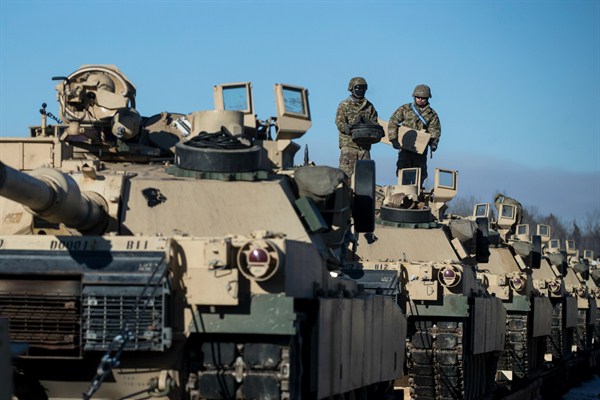The Baltic states of Estonia, Latvia and Lithuania are no strangers to dealing with authoritarian figures. Bordering Russia, they have invested heavily in building up their defenses against sophisticated techniques from Moscow that seek to undermine their social cohesion and security. But how do you manage relations with your closest ally across the Atlantic when its president is detached from democratic norms?
During their first face-to-face encounter with U.S. President Donald Trump in Brussels today, Baltic politicians have to reconcile a hard-nosed assessment of their national interest—the fact that the United States remains the crucial guarantor of the security of Eastern Europe—with the perverse reality of flattering someone with visible anti-democratic tendencies.
Having gained their independence after the fall of the Soviet Union, Estonia, Latvia and Lithuania absorbed principles of democracy faster than other states in Eastern Europe. The U.S. played an important mentoring role by promoting a transition to open, inclusive societies. As Daniel Fried, a longtime American diplomat who retired in February, pointed out in his departure speech to State Department colleagues, “America put its back into this rebirth of freedom in the West, not because we sought to ‘impose’ ourselves on unwilling nations, but because captive nations sought our aid.”

